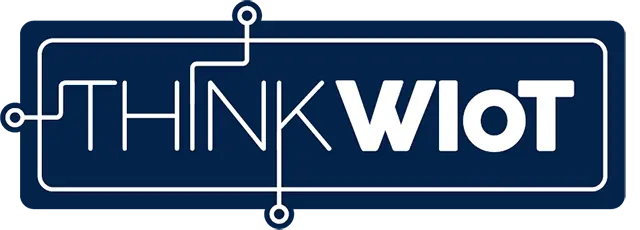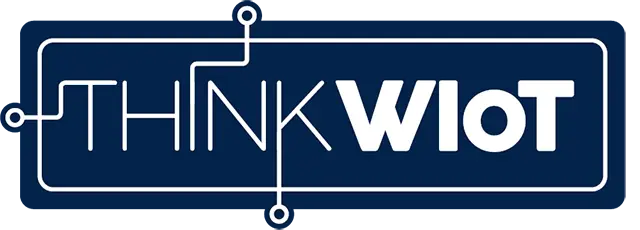Industrial AI: Europe Must Take the Next Leap Forward

Europe has set new standards with Industry 4.0. Now, with Industrial AI, the next quantum leap is imminent—but regulation and uncertainty are holding many companies back. Dr. Gunther Kegel, President of ZVEI and Chief Representative of the Pepperl+Fuchs Group, calls on companies to take the leap.
"Are we ready for the next industrial revolution?" – Dr.-Ing. Gunther Kegel opens his latest statement at SPS with this question, directly linking it to the success of Industry 4.0. The term was coined in Germany in 2011 – today, it is a global reference point for networked and digitized production.
Now the next wave is rolling in: Industrial AI. For Kegel, it represents a real quantum leap – away from rigid, programmed processes toward learning, adaptive, and autonomous systems in factories and infrastructures.
The goal: software-defined manufacturing, where industry-specific engineering knowledge and data-driven intelligence come together.
Industrial AI makes production more resilient, more sustainable, and more globally competitive – thus securing the future viability of industry, according to Kegel. Hardly any other region has such good conditions for this as Europe.
Enormous market potential – and a warning signal
The economic dimension is enormous:
Industrial AI applications and services currently have a global market volume of up to €52 billion,
by 2035 it could grow to around €380 billion,
and the entire AI sector could even reach €2 trillion.
For Germany alone, Kegel sees a potential added value of up to €144 billion.
A ZVEI survey shows that companies have understood this. A quarter of those surveyed plan to invest 20% or more of their total investments in AI applications.
At the same time, however, many companies see current and planned EU regulations – such as the AI Act, Data Act, and Cyber Resilience Act – as a heavy burden. Forty-two percent of companies with industrial AI projects are even considering investing outside the EU because they are deterred by regulatory uncertainty.
For Kegel, this is a clear warning sign.
Simplify regulation, enable innovation
While other regions of the world are already pushing ahead with industrial AI, Europe runs the risk of getting lost in complex and sometimes contradictory regulations. The proposed Digital Omnibus is at best a step in the right direction – but the key obstacles to innovation, such as double regulation, remain.
Instead,Kegel calls for
clear, reliable framework conditions,
powerful data infrastructures,
harmonized standards, and
transfer centers that bring industrial AI from research into industrial practice more quickly.
Only then can innovations become reality within a reasonable time frame – and Europe secure its lead in industrial value creation.
Industrial AI: Evolution of industry – not just a technology hype
For Kegel, industrial AI is not a single discipline, but the intelligent evolution of industry itself: from predictive maintenance and intelligent energy systems to new business models and shorter innovation cycles. It will reshape global competitive dynamics.
His conclusion is clear:
We must take this leap – without fear of technology, with confidence in our abilities. "We can do technology. We can do industrial revolution. We can shape the future."

